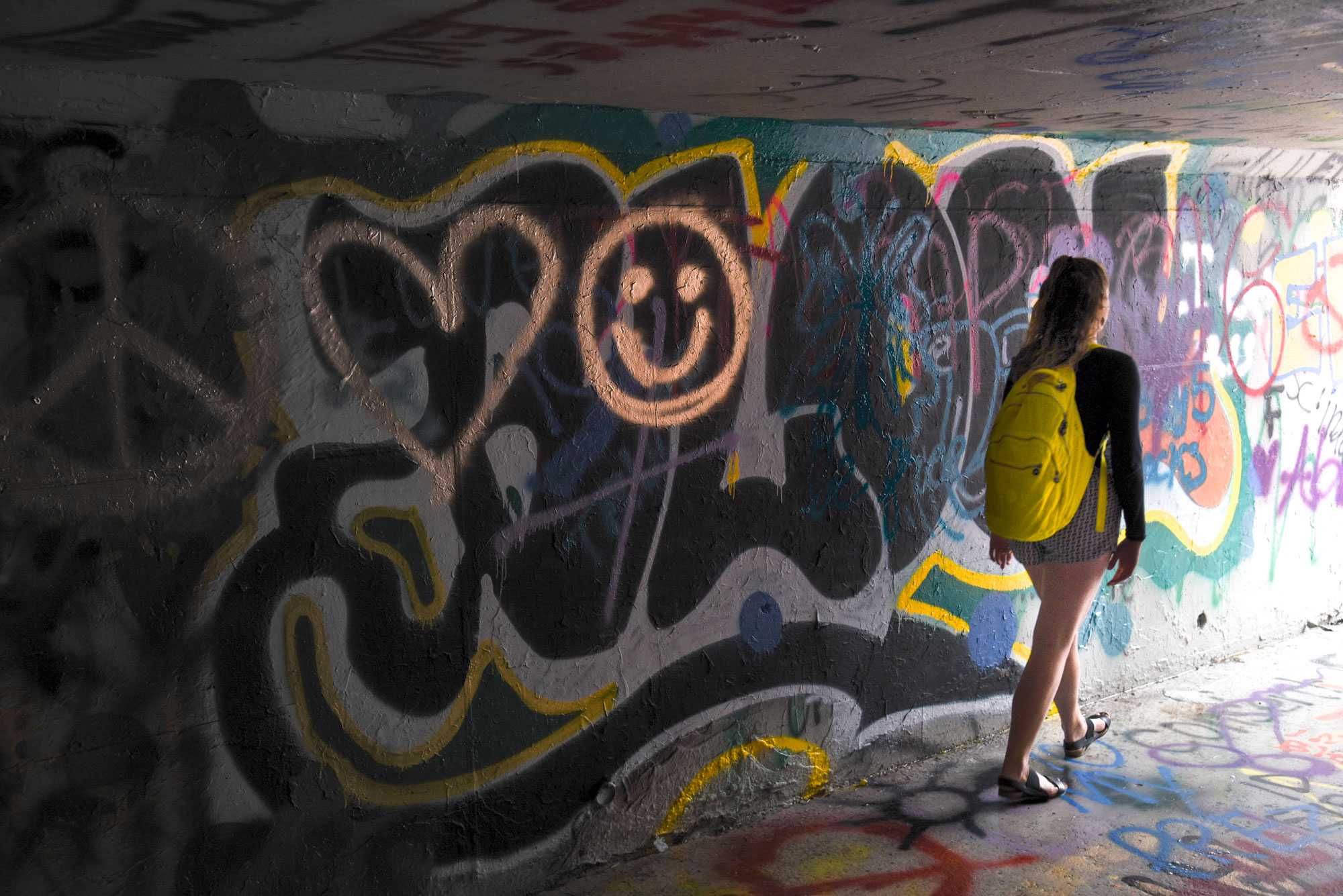The transition between high school and college is nothing if not challenging.
A new town, new faces, new stress and more responsibility, it is no wonder that some students find themselves battling bouts of depression and anxiety.
Wofford College student Margaret Roach, has suffered from Major Depressive Disorder for seven years and was open to discussing the likelihood of depression occurring in college students.
While talking about the transition between high school and college, Roach said, “Several mental illnesses [bipolar, schizophrenia, multiple personality disorder] tend to not manifest in young adults until a major life change such as moving away from home to college.”
“The the scariest part, in my opinion, is when a student goes undiagnosed and either begins or continues to experience symptoms in college without an existing plan or support system in place,” Roach said.
According to the National Institute of Mental Health, depression affects approximately 15.7 million adults; so, it is highly likely that you or someone you know may be battling depression, whether it be clinical or undiagnosed.
The Anxiety and Depression Association of America reports that depression can affect students in a variety of ways such as irritability, losing interest in previously enjoyable hobbies, anxiousness, restlessness or irregular eating habits.
In consonance with the ADAA, if you or a friend have noted dealing with symptoms of depression for longer than two weeks, it is time to delve into the realm of getting help.
Some forms of getting help can include seeing a counselor, talking to a doctor and informing a parent or guardian.
Depression is an illness that is bigger than the person being affected; it requires treatment to allow for recovery.
Depression is not a negative attitude and it is not a dismissible condition.
If you have a friend who is confiding in you about their thoughts of suicide or depression, a difficult situation is going to be bestowed upon you.
You may find yourself wondering, “Is it more important to maintain a ‘trustworthy’ friendship or to take the next step and get your friend help?”
Always get them help.
Roach said it best, “With a psychologist/psychiatrist, most of what you tell them is confidential. However, in cases where they suspect you may harm yourself or others, legally, they must report it. And as a friend, I feel morally I have to get someone help in that same situation.”
It is understandable that one may feel reluctant to go behind a friend’s back.
What if they hate you? Or never talk to you again?
These are valid concerns, but what matters most is taking the initiative to get someone in need the help they deserve.
I acknowledge why one may not feel comfortable, or may even feel embarrassed in reaching out to get help.
That does not mean that you should suffer or turn the other cheek if someone you know is suffering.
If you broke your arm, you would see a doctor without a second thought; the same protocol should be followed for mental illness.
As the National Institute of Mental Health has disclosed, 15 million people have been in the same situation, depression is neither an uncommon or terminal disorder, it can be treated and you can live a happy life despite this disease.
Deciding what to do when dealing with an at-risk friend can often feel like being stuck between a rock and hard place.
Roach has always reassured herself with the fact that “[she] would rather lose their friendship than lose them,” and I hope that will resonate with you as well.
Appalachian State University has an abundance of resources just waiting to be utilized by you or anyone else who may be suffering.
You are able to visit counseling.appstate.edu or the wellness center to set up an appointment with a counselor or view office/walk in hours.
In case of emergency you may call the counseling center at 828-262-3180 to speak with a ‘counselor on call’ or contact the following hotlines:
Local Mental Health Emergencies: 828-264-HELP
National Suicide Prevention Lifeline: 1-800-273-TALK
Kayla Smith is a freshman journalism major, from Concord, North Carolina. Follow her on Twitter at @berkleys26.

